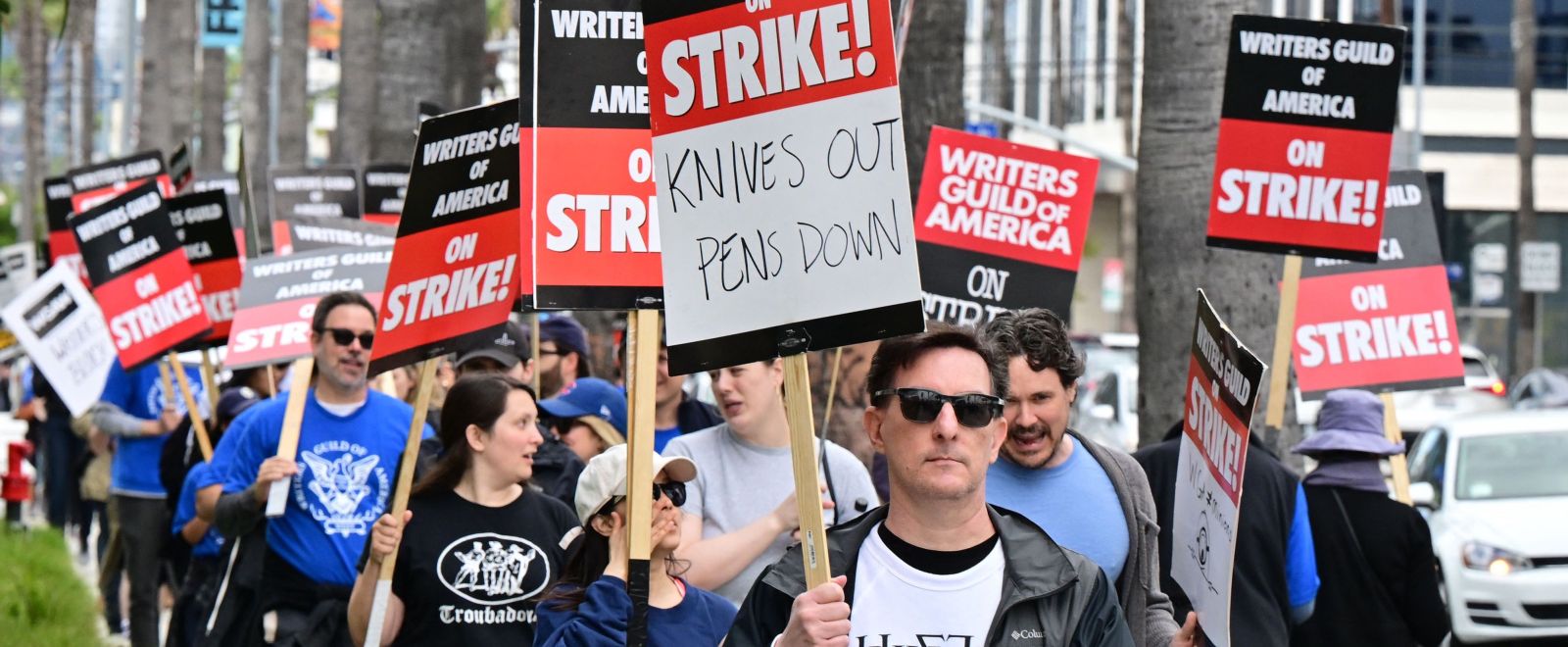The 146-day WGA strike has finally come to an end. We don’t yet know the total financial toll that the work stoppage has taken, and of course, the impact will be compounded by the still-ongoing SAG-AFTRA strike. For the moment, however, Hollywood will take any good news that it can get.
Writers will pick up pens again, late night shows shall soon return, and Drew Barrymore will begin attempting to forget the embarrassment from a backlash against her show firing up on filming weeks earlier than the rest.
What of the new WGA contract, though? Naturally, the document (which will be in effect from Sept. 25, 2023 to May 1, 2026) is lengthy, currently standing at 94 pages in its tentative form. The fine tuning will be ongoing, but the union has published a summary document with highlights that establish minimum pay rates (based upon job duration) and minimum staffing rates for writers rooms (in the interest of ending the whole “mini-room” phenomenon). A new bonus-based residual program will also apply to projects that release beginning on January 1, 2024.
Of particular interest to not only writers but anyone who fears the rise of AI and its effect on jobs, the summary contains a set of regulations for how studios can use AI on projects that fall under this contract:
AI can’t write or rewrite literary material, and AI-generated material will not be considered source material under the MBA, meaning that AI-generated material can’t be used to undermine a writer’s credit or separated rights.
A writer can choose to use AI when performing writing services, if the company consents and provided that the writer follows applicable company policies, but the company can’t require the writer to use AI software (e.g., ChatGPT) when performing writing services.
The Company must disclose to the writer if any materials given to the writer have been generated by AI or incorporate AI-generated material.
The WGA reserves the right to assert that exploitation of writers’ material to train AI is prohibited by MBA or other law.
Variety further reports that the WGA’s negotiating committee is thrilled with the deal. “We can say, with great pride,” the committee wrote in an email to members. “[T]hat this deal is exceptional – with meaningful gains and protections for writers in every sector of the membership.”
The (eventual) final agreement will need to officially be voted in by members, but that seems to be a mere formality in this case. In the meantime, screenwriters are free to return to work, so let the storytelling recommence, and you can see the full temp agreement here.







